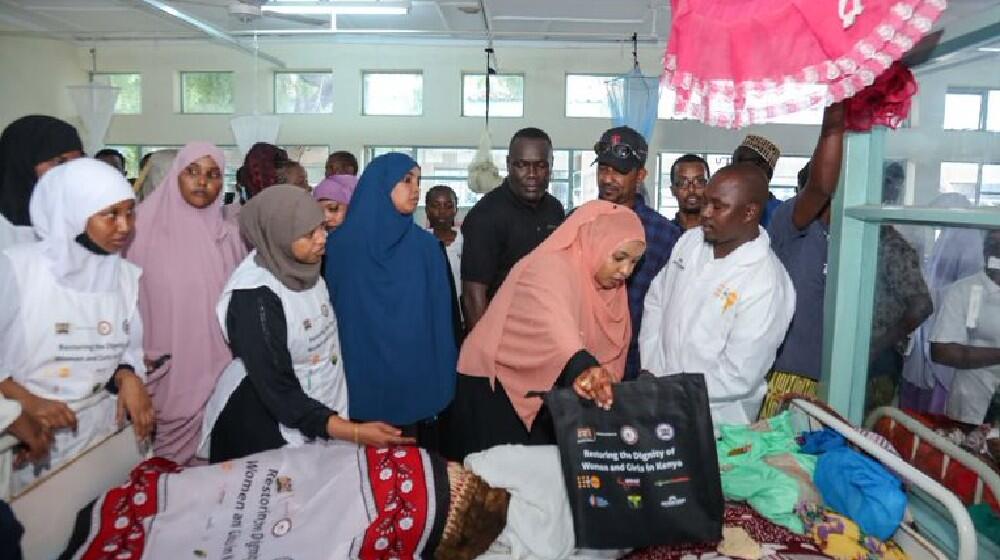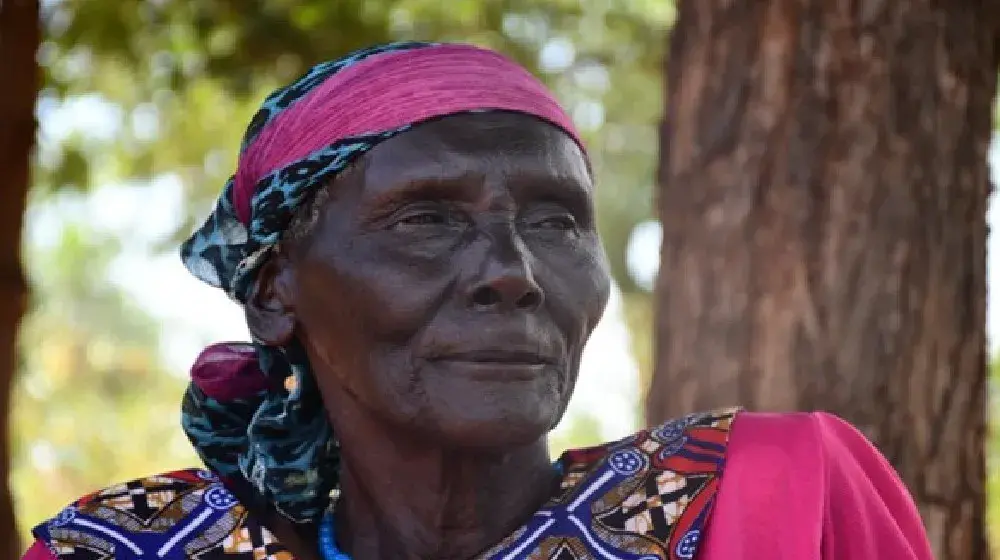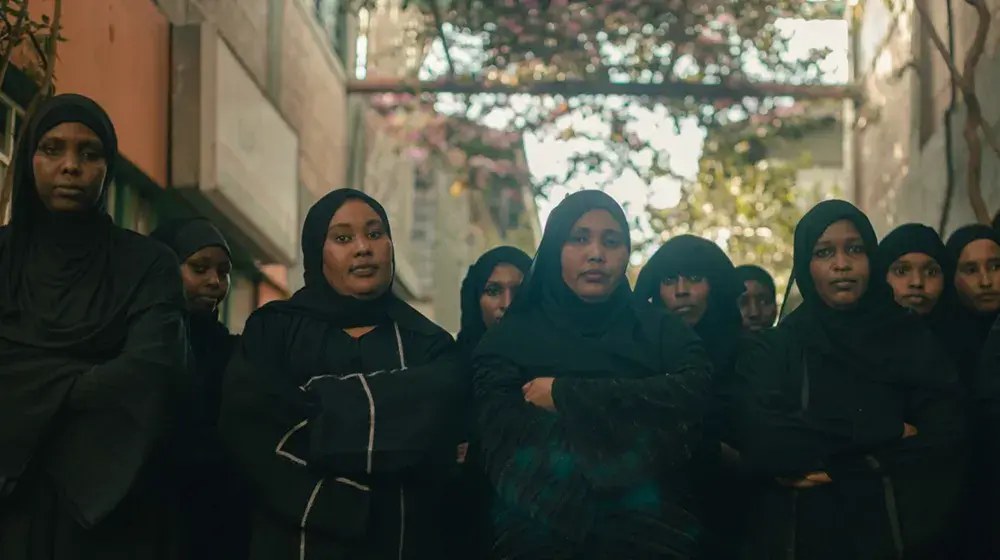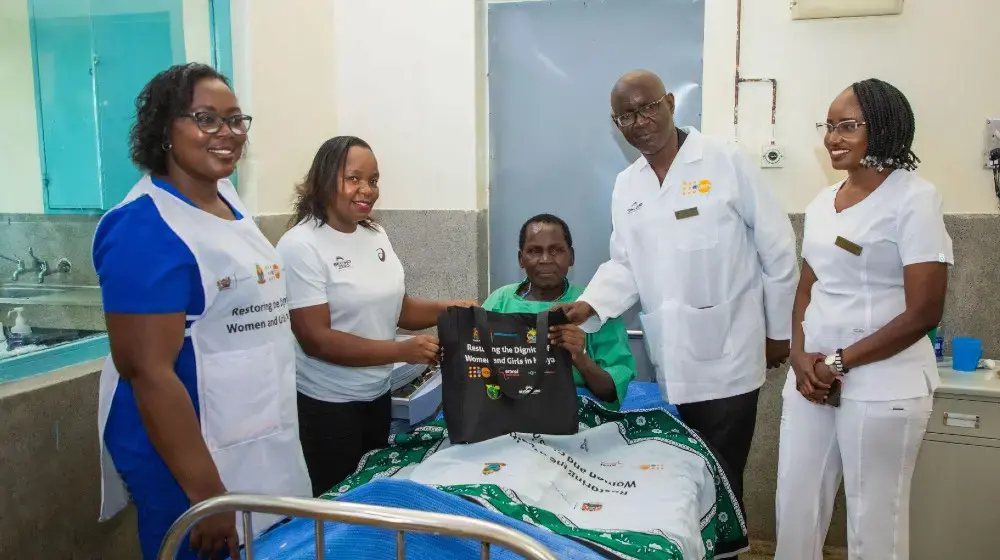At 16 years old, Raha Shire got married, and shortly thereafter, conceived her first child. As a young Somali refugee living in Daadab Refugee Complex, she knew little about ante-natal care, and had difficulty accessing health facilities at the complex. She chose to deliver her baby at home with the help of a traditional birth attendant.
Raha’s vision of a promising new chapter with her newborn and husband took a distressing turn after she experienced obstructed labour during the childbirth process. This led to her developing fistula, a childbirth injury that causes a hole between the birth canal and the bladder or rectum. The condition left Raha unable to control her urinary and fecal functions.
“My husband could not tolerate my condition, and he divorced me,” she says. The once-supportive community that previously embraced her also began to exclude her from social events, claiming that she emitted an unpleasant odor. This relentless rejection inflicted emotional pain, pushing Raha into social withdrawal, anxiety, and self-imposed isolation.
Now 20 years old, Raha’s journey of recovery began when she attended a Free Fistula Repair Camp held at the Garissa County Referral Hospital, located more than 100 Kilometers from the Daadab refugee complex., the camp aimed at restoring the dignity of women and girls living with Fistula, in the northern frontier county of Garissa.
More than 400 women received free screening and treatment during the camp,which was organized by UNFPA in collaboration with Amref Health Africa in Kenya, the County Government of Garissa, M-Pesa Foundation, Flying Doctors’ Society of Africa, and the Office of the Garissa Women Representative. In total, 30 women underwent free reconstructive surgery to repair the fistula, while others were treated for various gynaecological issues.
Garissa County women’s representative Hon. Amina Udgoon Siyad said that the camps are an important lifeline for women living with fistula who often are unable to pay for treatment. In remote areas such as Garissa, access to health facilities can prove challenging, and many hospitals do not have fistula surgeons or the necessary kits required to carry out restorative surgery.
“We need to focus on raising awareness and ending stigma around fistula so that more women are empowered to seek help,” said Hon. Siyad. “We must also work to end harmful practices such as child marriage and FGM, which compromise the health of women and girls.”
With her dignity restored, Raha is excited to return to her home at the Daadab refugee complex, where she will receive further support to reintegrate her into the community, and rebuild her life. “I plan to open a kiosk where I can make a living to support myself,” she says.





